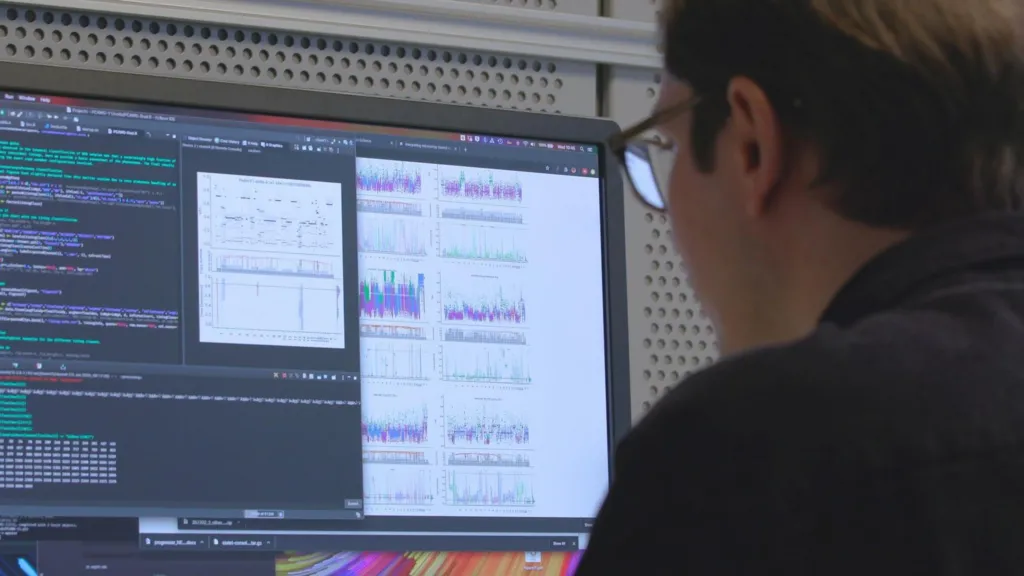AI Model Can Predict Health Risks Years in Advance, Scientists Say

London – Artificial intelligence could forecast people’s future health problems much like a weather report, according to scientists who have developed a new predictive model.
The system, called Delphi-2M, analyses medical records to estimate the likelihood of more than 1,200 diseases occurring over the next decade. It works by identifying patterns in anonymised patient data, similar to how AI chatbots like ChatGPT predict language sequences.
“It’s like saying there’s a 70% chance of rain – but for health,” said Prof Ewan Birney of the European Molecular Biology Laboratory. “We can now do this not just for one disease, but for all diseases at the same time.”
Initially trained on the UK Biobank dataset of 400,000 people, the model was validated with records from 1.9 million patients in Denmark, where its predictions proved highly accurate. It is particularly effective at forecasting conditions with clear progression, such as type 2 diabetes, heart attacks, and sepsis.
The tool is not yet ready for clinical use, but researchers envision it helping to:
- Identify high-risk patients early for targeted treatment or lifestyle changes.
- Guide screening programmes and prevention strategies.
- Support hospitals in planning resources by forecasting local healthcare demand.
Experts caution that the model needs further refinement, testing, and regulation. Current limitations include potential bias, as the Biobank primarily covers people aged 40–70. Work is underway to incorporate genetic data, imaging, and blood analysis to improve accuracy.
“This is the beginning of a new way to understand health and disease progression,” said Prof Moritz Gerstung of the German Cancer Research Centre. “Generative models such as ours could one day help personalise care and anticipate healthcare needs at scale.”
The study, published in Nature, was led by the European Molecular Biology Laboratory, the German Cancer Research Centre, and the University of Copenhagen.
